Understanding Expiration Dates on Food
Did you know that we as Americans throw an estimated 125-160 billion pounds of food into the landfill every single year? And what makes this statistic even worse, is that a huge percentage of that food thrown out was still safe to eat. So, why does this happen so frequently? Well, because a lot of people completely misunderstood the purpose and meaning of an expiration date that manufacturers have mentioned on their labels.
How Long Does Canned Food Last?
Understanding Expiration Dates on Food
So, if an expiration date doesn’t always mean that food has gone bad, what does it mean? I’d love to take a moment to share with you not only about expiration dates, but also how to read code dates, and how to tell if a food product is still good even when the expiration date says otherwise. Let’s get started on understanding consumer uncertainty on the food manufacturers’ date confusion.
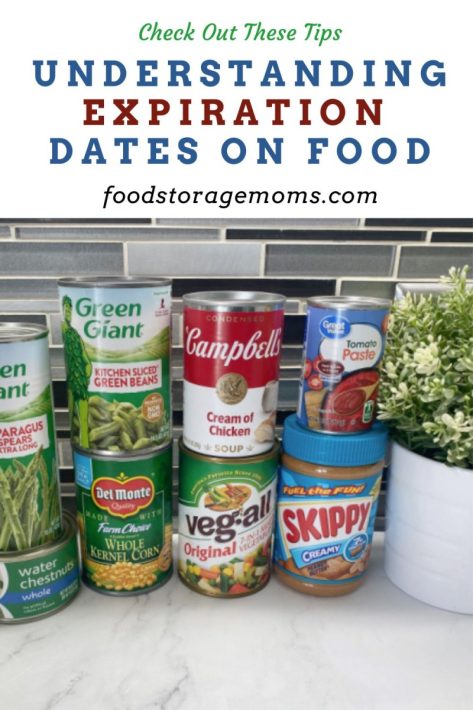
What is an Expiration Date?
As I mentioned earlier, most Americans today misunderstand what an expiration date actually is. If a particular food product has reached the expiration date that’s listed doesn’t mean that it needs to immediately be thrown out.
Instead, an expiration date is a rough estimate from the manufacturer on when that food will no longer be at its best quality and freshness. It might not have the same texture or best flavor as it once did for product peak quality, but it should still be completely fine to consume.
There are also people who mistake the “sell-by” date as an indication that the product is unfit to eat as well. Again, this is not true! The sell-by date is not really a safety date, it’s the last day that grocery store retailers are able to sell that product and not the last day that the consumer can put it to use in a meal.
- Survival Food And Emergency Food Storage
- 23 Food Storage Guidelines That Will Blow Your Mind
- How to Kick Start Your Food Storage Plan
- 15 Life Skills Your Kids Need
How to Read Food Date Codes
For a vast majority of food products manufacturers typically use a simple code that’s easy to follow. In most cases, the product will say something like “use by” or “best by” followed by a code MMDDYY or MMDDYYYY. The “MM” stands for the month, the “DD” refers to the day, and the “YY” or “YYYY” refers to the year. For instance, if you had a can of green beans with a code date of 122523, you better plan on having them on the lunch menu for Christmas Day in 2023.
There are other times when manufacturers use letters for their code dating. This method is also easy to interpret as long as you follow the letters of the alphabet while going through the months of the year. January would be (A), February (B), March (C), and so forth. So if a box of Macaroni and Cheese read F1223, it would reach its expiration date on June 12th, 2023. I haven’t found this to be a very common dating method for the foods I purchase.
Understanding the Julian Calendar Code
Most food products have a 3-digit code that’s mentioned somewhere on the packaging. This date is the Julian Calendar code that tells the consumer the calendar date the product was made. You’ll see it at times on food items like canned goods and egg products. They do it by applying a numerical value to each day of the year, so if you notice a 3-digit code of 060, you can rest assured that it was made on or near March 1st.
What Should I Do if Something is Expired?
The best thing to do when a food product has reached its expiration date is to use your own judgment by looking, smelling, and then tasting the product to test for the product’s safety. If it seems alright and you feel comfortable consuming it, then go ahead! It’s important to note that some foods can last well after their expiration dates have passed. A perfect example of this would be crackers. They should still taste pretty much as you would expect and be safe to eat, but crackers may have a slight staleness that you may notice.
It’s also important to remember that canned or packaged goods will often still be safe long after the expiration date. This is due to the preservatives they contain. So even if your stockpiled pantry for emergencies has products that are out of date, you should still be ok based on the product’s shelf life. Just remember to use them up, rotate, and replenish them as needed.
What about food stored at home?
Whether it’s your own home storage, or what you see on a store’s shelves, all parties to the food chain should follow perper inventory management. All in all, if something doesn’t look right, smell right, or tastes rancid, then it’s best to throw it out in those situations. What you don’t want to experience is a foodborne illness due to spoilage bacteria.
Canning Tips for Your Own Food Storage
- Pressure Canning 101: The Most Comprehensive Guide
- What is Water Bath Canning?
- Home Canning-Important Do’s and Don’ts
Pro Tips for Use-by Date
- Have you ever wondered how you can tell if your carton of eggs has gone bad without having to eat them? All you have to do is put your eggs in a cool bowl of water. When the egg sinks, you know that it’s still good, but when it stands up on its end, the egg is no longer good to eat.
- Pay attention to the USDA’s food safety guidelines, but also use common sense! When you store food, obviously, you are going to get really good quality when you use it within the right dates. However, it doesn’t mean you have to throw away food first thing when you notice the expiration terms.
- Most people will say that you can use food past expiration dates with the exception of baby formula. Since we are talking about someone under 12 months, you don’t want to risk it. It would be one of a few food items I would question using if the expiration date has expired. Infant formula is where the baby gets all of its nutrition, so it’s critical it’s of the highest quality
- It’s more than okay to double-check product dates, especially on perishable foods. I’m more prone to eat canned foods that are expired over dairy products or other fresh foods. Of course, use your five senses as well. If the food expiration dates show the food is expired, but it doesn’t smell or look funny, you may be able to still eat it. You will get the highest quality in a perishable food item if you eat it within the length of time suggested.
- How food is stored can also affect how long it will last. Storing food products in a cool dry environment is the best approach for home storage. High temperatures can cause the food to spoil faster. Of course, if you store some items in the fridge they will tend to maintain their quality for a longer period.
I quote Nellie’s Free Range Eggs“. The water test for egg freshness. First, fill a bowl or glass with about four inches of cold water and gently place your egg(s) inside. Very fresh eggs will sink to the bottom and lay on their sides. If an egg stays at the bottom but stands on its small end, it’s still acceptable to eat; just not quite as fresh.”
What to Look for When You Might Eat an Expired Item
- Is the food package still well intact?
- Is it a shelf-stable product meant to last a long time?
- What is the use of the product? Are you eating it yourself or feeding other people who may be more susceptible to questionable food?
- Is the food in good shape? Does it have an off odor, color, or texture?
- If the can is dented don’t buy it in the first place. If it gets dents or rust at home, perform the color, texture, and smell test before using it. If there are any signs of spoilage be sure to dispose of them.
- If a food product has been frozen, once it’s been thawed you should plan on eating it. This particularly applies to meat products.
More Tips on Food
- Which Methods of Food Storage are Correct?
- Best Plastic Containers for Food Storage
- 15 Foods That Last Forever
- Tips for Understanding How to Rotate Foods
What federal agency sets federal law or regulation when it comes to food labels and food safety in general?
The Food and Drug Administration (FDA) is the agency that’s primarily responsible for regulations impacting the food industry. Their regulations cover things like food safety, food labeling and misbranding, and any food adulteration. An agency within the FDA that deals with regulating the labeling of meat, poultry, and shelled egg products is the Food Safety Inspection Service (FSIS).
The actual law(s) that govern food products under the FDA’s jurisdiction is The Federal Food, Drug, and Cosmetic Act. It covers foods that are produced here in the U.S. and also food products from foreign countries that are consumed here.
What is the FoodKeeper app?
This is a valuable tool that helps you better understand how best to store food and beverages so you can maximize shelf life and extend freshness and food quality. The app was developed by the USDA’s Food Safety and Inspection Service which is mentioned above. It was developed in conjunction with the Food Marketing Institute and Cornell University.
Final Word
I hope this article has been informative. I also hope you feel more comfortable understanding expiration dates, food codes, and the general guidelines for knowing when a product is fit or unfit to consume. What did you learn and find helpful about expiration dates that you’d be willing to share? What are our safety concerns over food product dating? I’d love to hear your thoughts on the food expiry date(s). Are you more likely to eat perfectly good food, even if the date is passed? May God bless this world. Linda

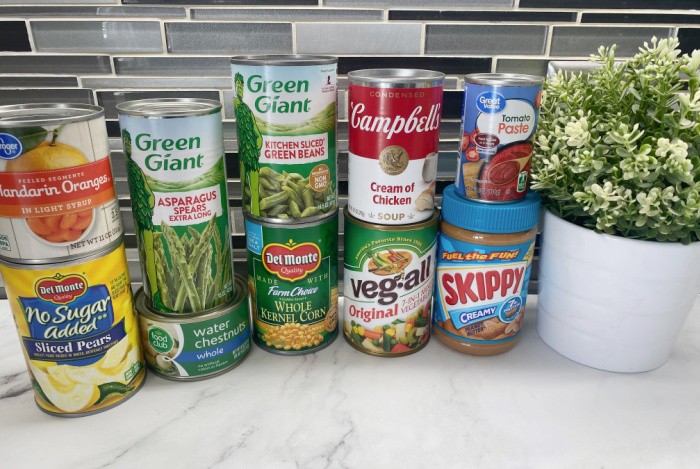

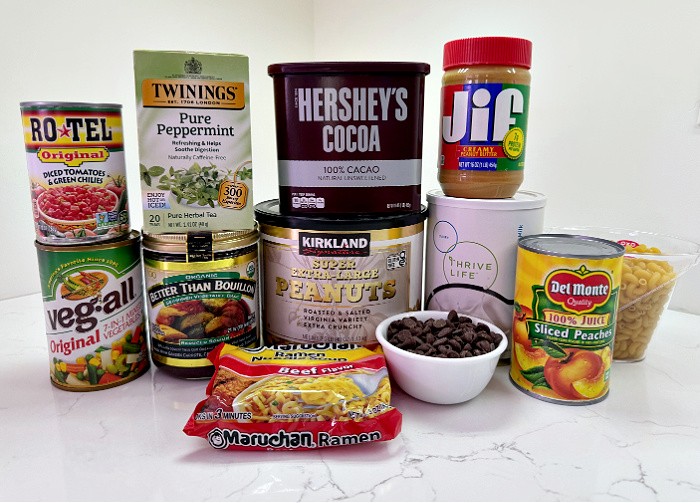
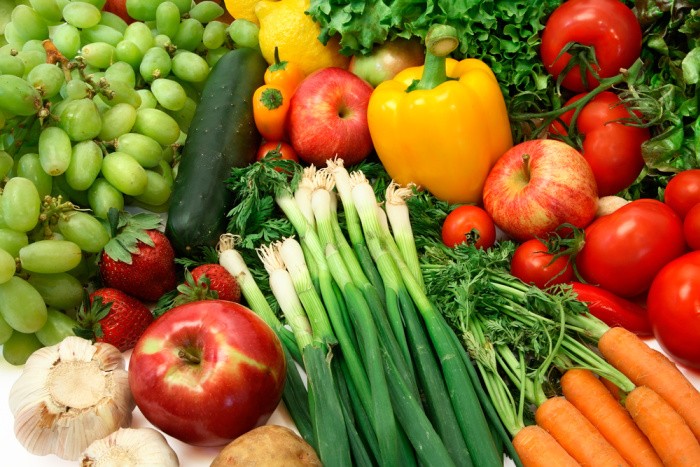
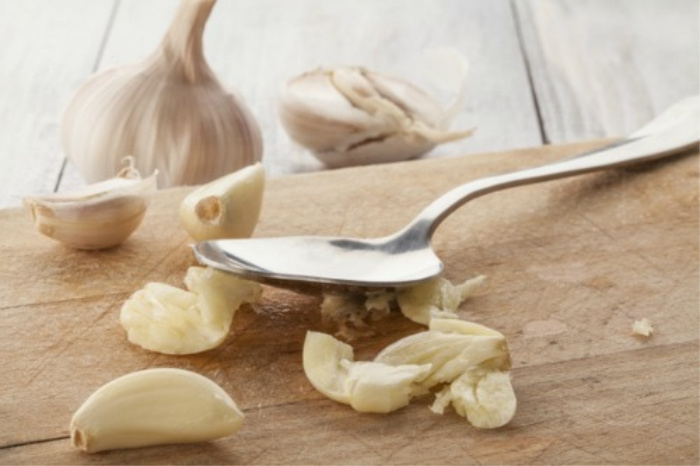
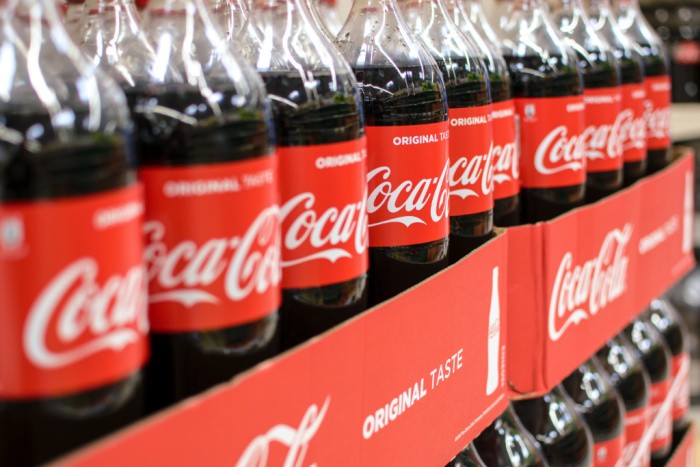
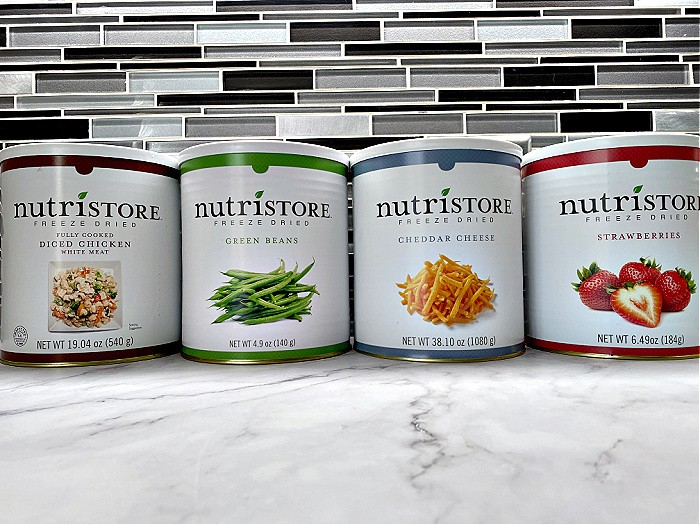


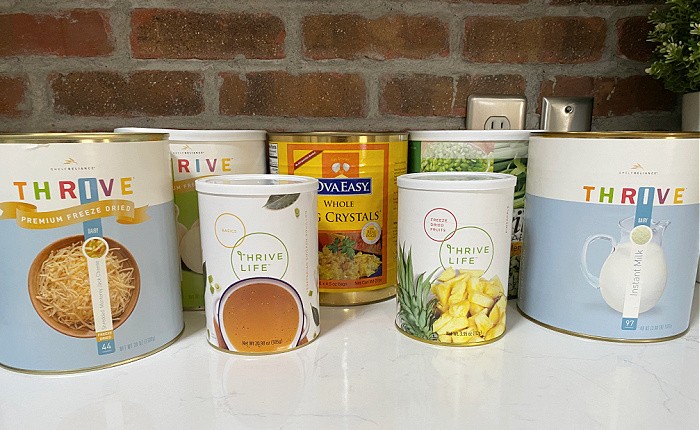
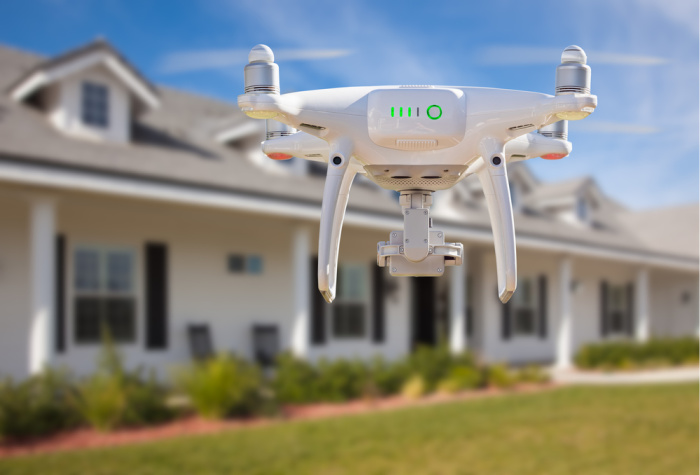

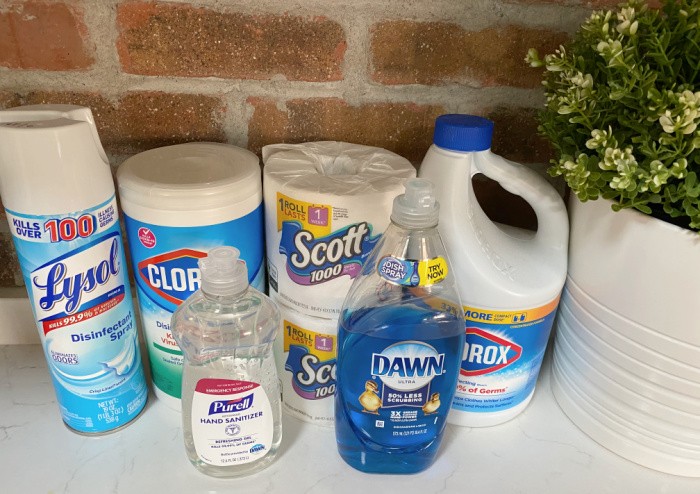
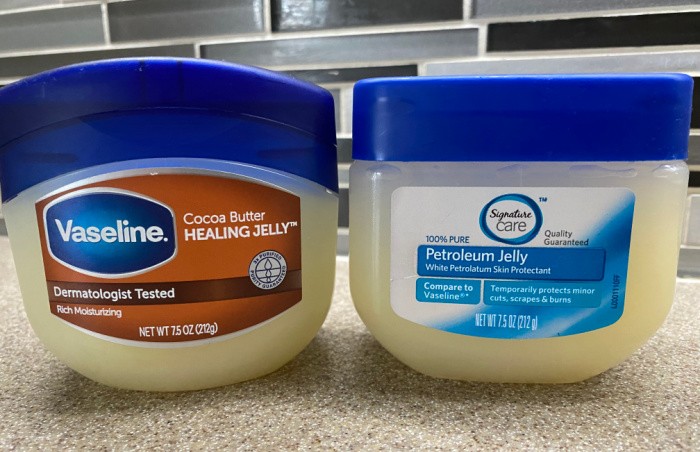


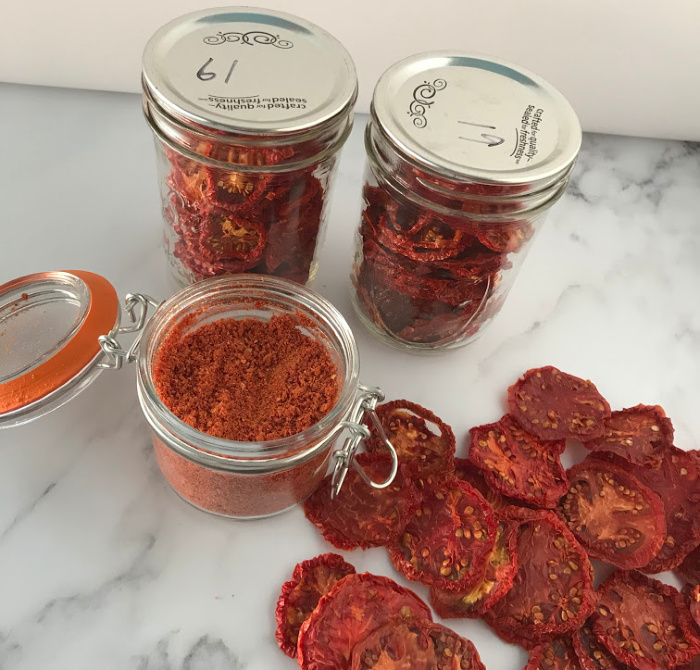
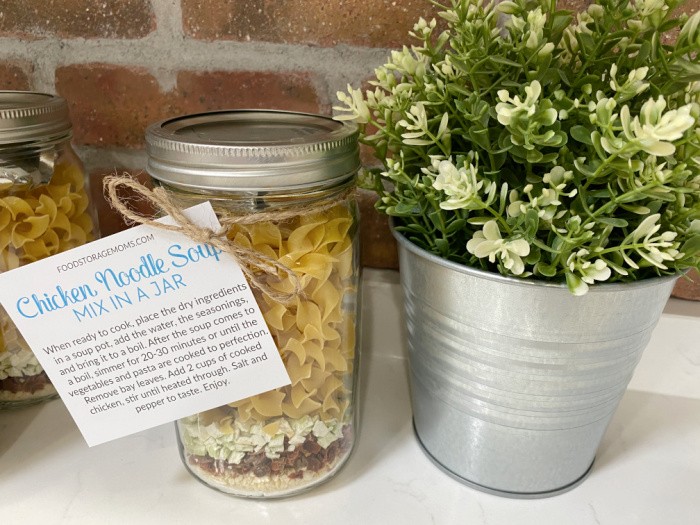
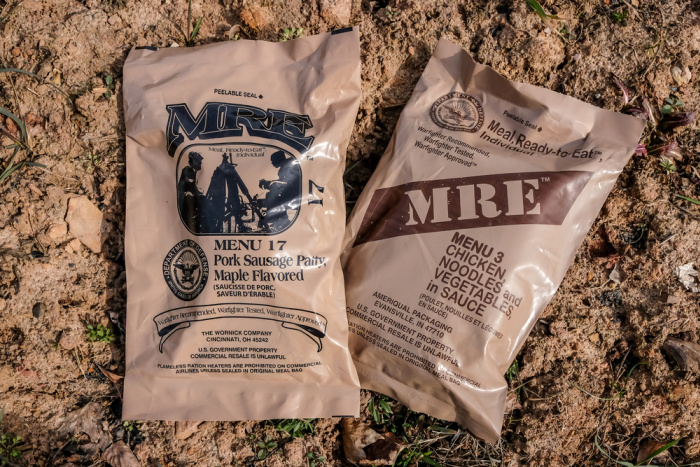


I thought checking eggs in water was if they went to bottom they were still fresh. If they stand on their end you should eat them quickly and if they float throw them away???
Tammy,
That is what we were always told, too. If they stand up but do not float they are okay to eat but eat them soon. If they float they are not okay to eat. We have followed that guideline for years and have NEVER had a problem. Any thoughts on this, Linda??
Hi Harry, I wonder if I worded the sentence wrong. This is where I got the information: I quote Nellie’s Free Range Eggs”. The water test for egg freshness. First, fill a bowl or glass with about four inches of cold water and gently place your egg(s) inside. Very fresh eggs will sink to the bottom and lay on their sides. If an egg stays at the bottom but stands on its small end, it’s still acceptable to eat; just not quite as fresh.”
We eat our so fast I never to an egg test! LOL! Linda
Hey, Linda,
Nellie’s Free Range Eggs method that you quoted is what we have always used. Sinkers get eaten, floaters get tossed out. Never had a problem with that. Of course, since Pat is allergic to chicken eggs, we have duck eggs in addition to chicken eggs in the refrigerator. We use the same test for either. Of course, we try not to let any of the duck eggs go bad since they are about double the price of chicken eggs even at today’s inflated prices.
A benefit of duck eggs, they are excellent for baking. They make baked goods much better than chicken eggs. And, since Pat is gluten intolerant, she uses those for her gluten-free baking. Life is strange with food allergies. LOL!!
Hi Harry, oh my gosh, I forgot about the duck eggs! Oh my gosh, double the price. I think the way I wrote the sentence needs to be changed on the fresh eggs. I think I worded it wrong because I agree with you. Linda
Hi Tammy, thank you, this is what happens when you I am at 2:30 in the morning. Fixing it right now. Thank you, Linda
Hi Tammy, this is where I got my information, thoughts? I quote Nellie’s Free Range Eggs”. The water test for egg freshness. First, fill a bowl or glass with about four inches of cold water and gently place your egg(s) inside. Very fresh eggs will sink to the bottom and lay on their sides. If an egg stays at the bottom but stands on its small end, it’s still acceptable to eat; just not quite as fresh.”
Did I word it wrong? Linda
You’re so right, Linda. So very much food is wasted in this country because people don’t understand expiration dates. However, there is a lot of food that is also wasted because people don’t understand how to check for spoilage and what is still good and safe or not. Like with the egg question mentioned by Tammy and Harry above. I, too, have used eggs that stand without any issue. I wrote an article on my blog earlier this year, “When in Doubt, Do you Really Have to Toss It Out?” covering how to use rancid oil, spoiled milk and how to keep fresh milk fresh longer, check canned goods for spoilage, and quite a bit more.
https://prepschooldaily.blogspot.com/2023/02/when-in-doubt-do-you-really-have-to.html
There’s so much more we can all be doing to keep from wasting food and money.
Thanks for all you do to educate, Linda.
Jennifer
Hi Jennifer, thank you for sharing the link. We all need to waste less food because our money doesn’t go that far these days. Linda
Linda,
Thank you for this article. I’m going to ask Jane to read it. She throws out anything that is past its “best by” date and often its “sell by” date. I learned in Law school that such dates are mostly established by marketing or legal departments (either to encourage more sales or for CYA purposes), but I’ve never been able to convince Jane of that. Maybe you can.
Ray,
We have many times eaten canned food that is way past the Best Buy date with no repercussions. I had a can of Spam that had gotten pushed back to the back of the pantry that was about 7 years past the Best Buy date. Can was fine. Opened it, smelled good and tasted good. I ate it and enjoyed it with no problems.
Hi Harry, the one meat I have trouble with is tuna, it gets too mushy for me after the best-by date. Linda
Linda,
Do you purchase your tuna in water or oil? I find that the tuna packed in oil lasts somewhat longer than packed in water before getting mushy. Starkist is the worst. BumbleBee is better. But, we have stopped buying either one. We have opted to purchase Natural Catch which is pole/line caught and the cans are packed with slices from a filet, not a bunch of little pieces. It is pricier than the other stuff but well worth it. What we purchase from them is Yellowfin slices packed in EVOO!
Hi Harry, I used to buy it in oil at Costco. Wait, now I’m wondering if it was packed in water. It was good for about a year and then it became too mushy for me. What you are buying sounds really good. I bought the Kirkland brand, I guess. It’s been years. I better check what they sell. Linda
Hi Ray, the only ones I worry about the most are like acidic tomatoes, like diced tomatoes. I keep the cans a bit longer than the date. But I still say, when in doubt throw it out. You and I will have to learn how to convince Mark and Jane. Mark never likes to throw out anything. This is so funny I went downstairs (still living with my daughter) to the food storage room. I see some evaporated milk that is 12 years old. I haven’t opened the cans, but I will be tossing them. LOL! Linda
Wait! It’s only 12 years out of date and you’re tossing it? Just kidding. I would too. I’ve used canned goods, including my home canned chicken that were years “out of date” as well as items like BBQ Sauce. I don’t worry about high acid foods like tomatoes unless I see corrosion or a bulging can. High acid foods, much like high sugar foods last a very long time while still being edible.
Hi Ray, LOL! The evaporated milk! I agree, I look for corrosion and bulging as well. I rarely see that because I try to check often but you never know about that one can that’s in the back hiding. Great comment, Linda
I’m hoping this post goes through. There’s been some trouble with connecting. Anyway, This is another of my ‘two cents worth’ comments. I do keep an eye on the dates, but my experience with the refrigerator where I live now; an apartment size usual fridge/freezer unit, doesn’t have a lot of room and at even normal settings keep things COLD. I’ve had milk last two weeks after the date stamp on the jug, food that’s been there two+ weeks and not gotten sick. (I know, but when you can’t do certain things, sometimes it worked out.) It’s a good little thing and I might miss it. I’ll be moving the end of this month and can’t wait to use all my new normal size appliances!!! Sorry, I digress, but it’s official, the new place finally passed inspection. I don’t know why I’ve had such luck with even dairy in my fridge, but LORD a mercy, I’m thankful and blessed. (FYI: it’s getting cold here again and not looking forward to it. It hit 80something degrees the other day!!! DARNIT!!!)
Pamela,
We have one of those apartment size (10 cu ft) refrigerators as a secondary to our large kitchen refrigerator. It is just like you said, at normal setting it keeps things very cold. So, we use it to keep highly perishable stuff and move it to the kitchen when needed. Ours is a Magic Chef brand and cost $400 at Home Depot. Happy to have it and would recommend it to anyone who has the space and can afford a second refrigerator.
Hi Harry, I agree, if you can afford it, buy a second refrigerator! Linda
Gotta get a first fridge first–put off as long as I can. The freezer defrosting thingy is clogged and I can’t find the thingy to unclog it–I just catch the water in a plastic flat pan.
Hey, worked so far for 6 months!!
Hi Judy, I’m sorry to hear your freezer is clogged. Appliance repairs are such a pain. Six months is six months! Linda
I’m sitting here wondering why I never worried about these dates or was even aware until 15 years ago I started storing foods??
Well, I guess I never had but one week of groceries stored…..why on earth you say??
Because as young marrieds and then just struggling to get by, we went to grocery once a week–when the check came on Friday!!!
Then, it just became a set routine and we never ever even imagined storing food as if the stores might close…. naive, you bet.
Oh, such glorious days.
Hi Judy, I know right? I don’t think they had dated cans back when I was first married. LOL! I hear you on the weekly groceries years ago. How things have changed. Life is good but way more expensive! Linda